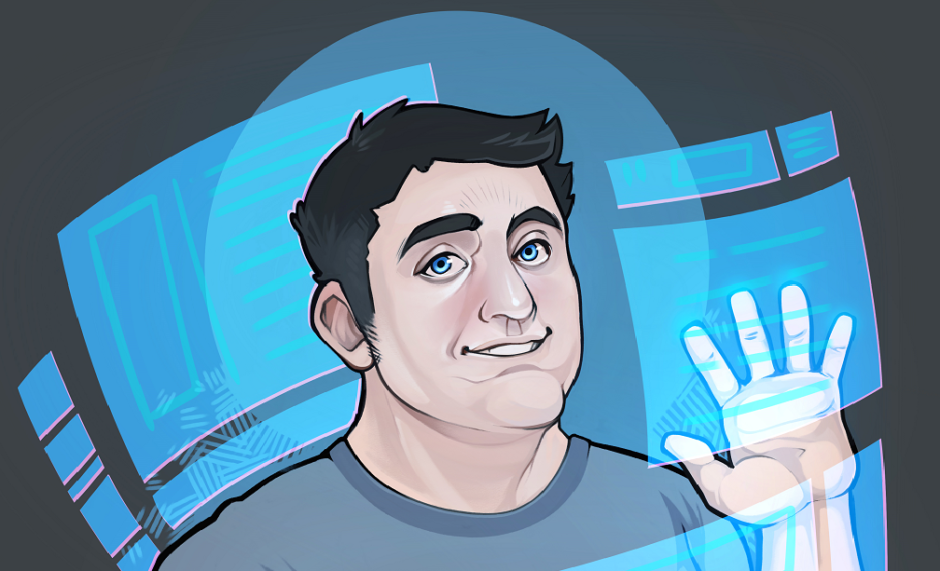| By Ben Berkowitz – Reuters | |
| Two of the creators of Microsoft’s Xbox have joined a pair of video-game industry veterans to launch a venture with a familiar Hollywood feel: find raw talent, create edgy entertainment, and then sign with a major publisher to sell it to the world. But the product for Capital Entertainment Group is not movies, but video games, and the startup is in the process of raising $50 million in venture backing for just that purpose. The executive team includes former Xbox chief technology officer Seamus Blackley and Kevin Bachus, who handled relations with game developers for Microsoft, the company said. Former Sierra Online senior vice president J. Mark Hood and Dotted Line Entertainment founder Eugene Mauro are also behind the start-up, which plans to find video game developers with ideas that established publishers would normally shun. CEG will back the development with money and production resources and find game publishers to market and distribute the resulting games, very much like an independent movie studio. The game startup plans to make its money by taking a cut of net game sales. The company believes its investors can break-even on a game after sales of 250,000 copies. Developers will get a royalty, assuming a “breakpoint” is achieved within the first 12 months of sales, equal to anywhere between 5 percent and 15 percent of net sales. The new venture comes at a time when the video game industry is in the first year what most expect to be a cycle of unprecedented growth. The top three U.S. game publishers recorded sales of $714.3 million in the first quarter of this year, up 45 percent from a year earlier. Investors, analysts and even major media companies have started to pay closer attention to big-name game publishers, as they produce stock gains and quarterly returns far better than those coming from other technology or media companies.
TRYING TO INCREASE INNOVATION WILL DEVELOP FOR MOST PLATFORMS |
|
Topics
Android Augmented Reality C++0X/C++11 Code Conferences Consoles Control Theory Digital Intelligence DirectX Ex-Microsoft FILM Framestore Game Industry GearVR Graphics Graphics API Graphics Hardware Hardware Infinium Miscellaneous OpenGL PC Graphics Published Articles Technology Too Weird Uncategorized Virtual Reality Vive VR/AR/XR Windows 8 Windows Mixed Reality-
Recent Posts
Categories
- Android
- Augmented Reality
- C++0X/C++11
- Code
- Conferences
- Consoles
- Control Theory
- Digital Intelligence
- DirectX
- Ex-Microsoft
- FILM
- Framestore
- Game Industry
- GearVR
- Graphics
- Graphics API
- Graphics Hardware
- Hardware
- Infinium
- Miscellaneous
- OpenGL
- PC Graphics
- Published Articles
- Technology
- Too Weird
- Uncategorized
- Virtual Reality
- Vive
- VR/AR/XR
- Windows 8
- Windows Mixed Reality
Archives
- May 2020
- January 2019
- October 2018
- August 2018
- July 2018
- June 2018
- January 2018
- December 2017
- November 2017
- October 2017
- July 2017
- May 2017
- November 2016
- October 2016
- May 2016
- March 2016
- February 2016
- January 2016
- December 2015
- November 2015
- October 2015
- September 2015
- July 2015
- June 2015
- May 2015
- November 2014
- August 2014
- July 2014
- June 2014
- May 2014
- April 2014
- March 2014
- February 2014
- January 2014
- November 2013
- August 2013
- December 2012
- June 2012
- May 2012
- April 2012
- March 2012
- February 2012
- January 2012
- December 2011
- November 2011
- August 2011
- July 2011
- June 2011
- March 2011
- November 2010
- October 2010
- September 2010
- July 2010
- August 2009
- March 2009
- February 2009
- August 2008
- September 2007
- August 2007
- May 2007
- April 2007
- March 2007
- February 2007
- February 2005
- January 2005
- December 2004
- November 2004
- October 2004
- September 2004
- June 2004
- April 2004
- March 2004
- February 2004
- January 2004
- December 2003
- October 2003
- September 2003
- August 2003
- July 2003
- June 2003
- May 2003
- April 2003
- March 2003
- February 2003
- December 2002
- July 2002
- May 2002
- March 2002
- February 2002
Recent Comments
- Ron on Code Storage
- Mohammad on Code Storage
